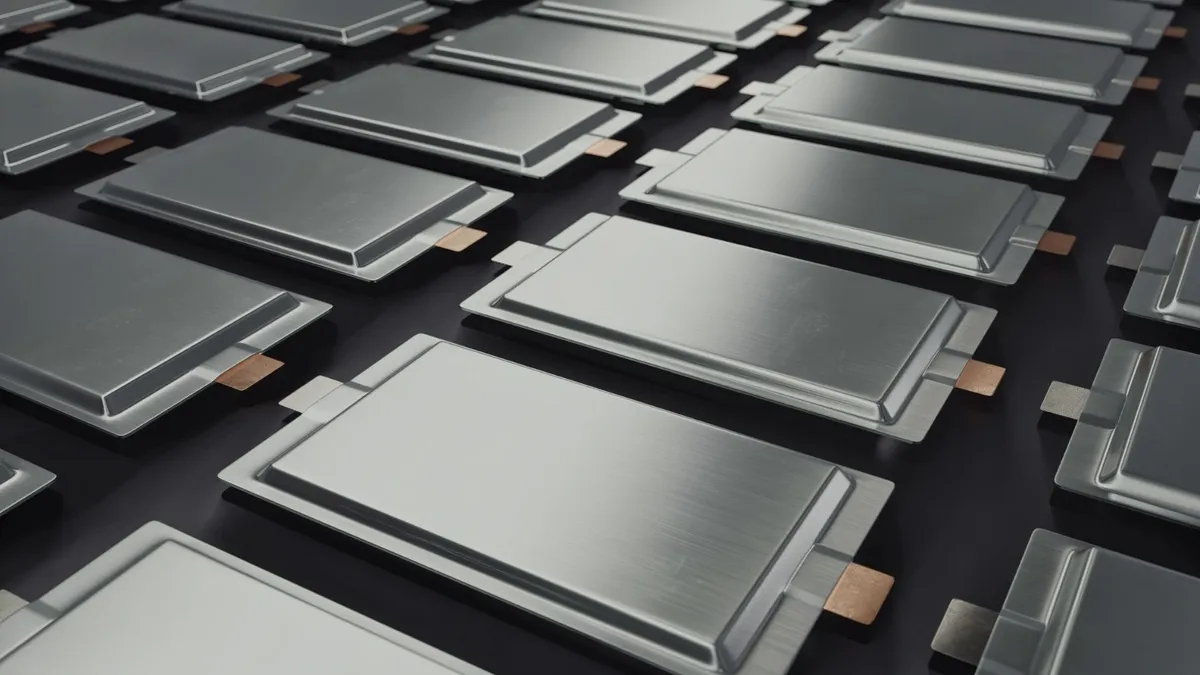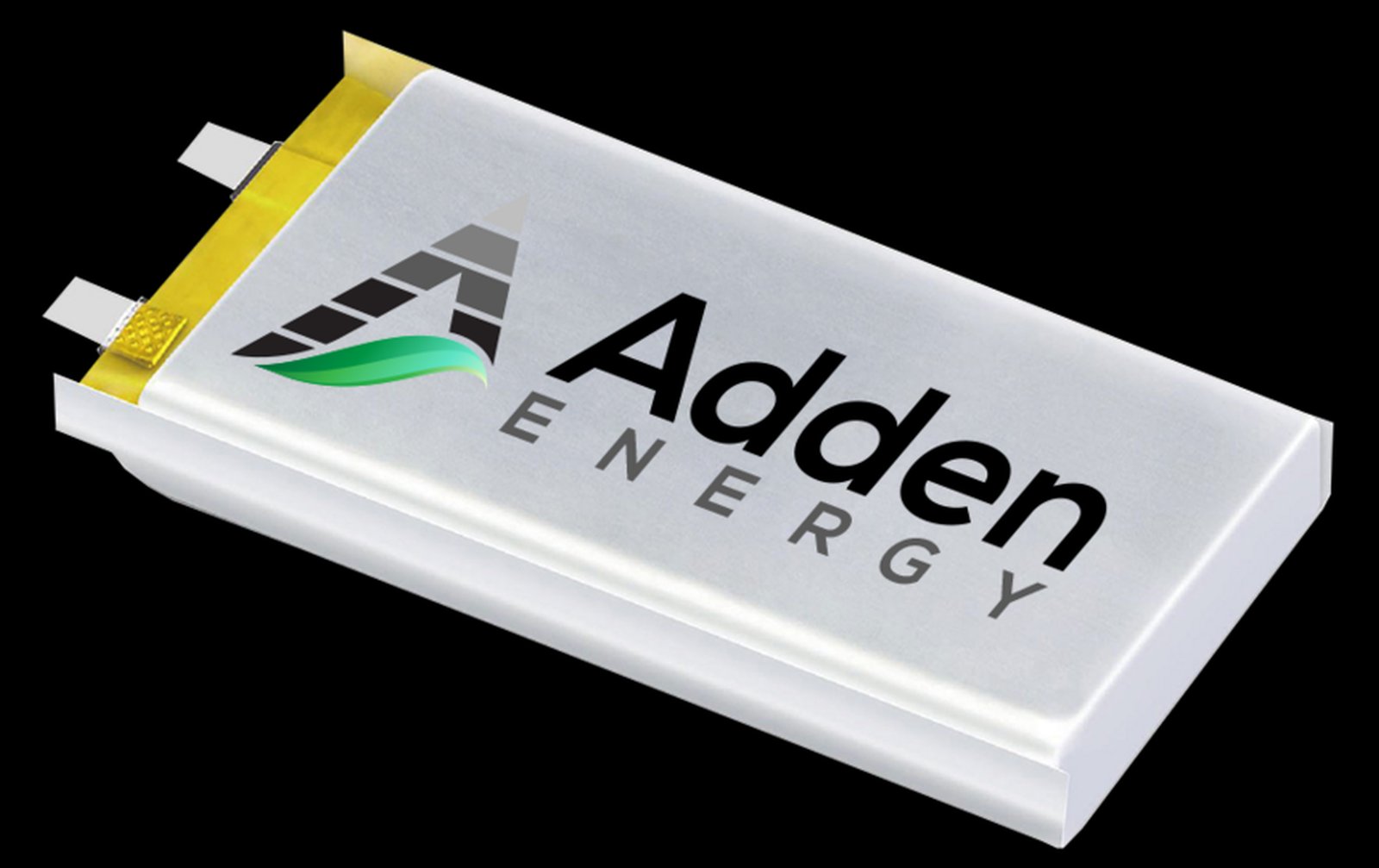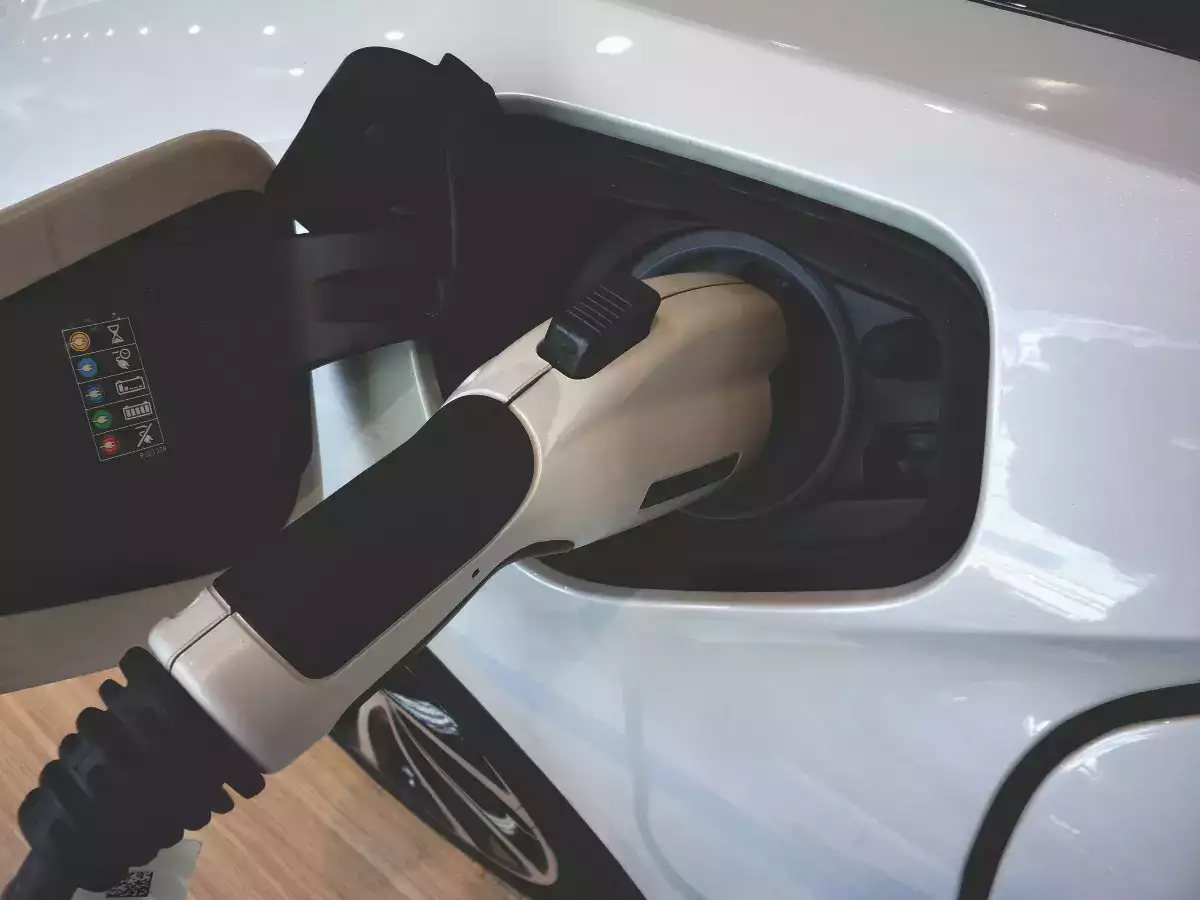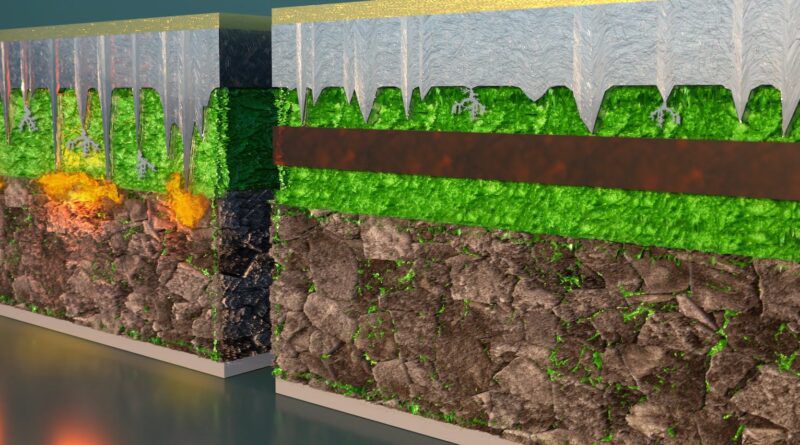Highlights
- Harvard researchers develop a solid-state battery capable of recharging in 10 minutes.
- The new battery boasts an impressive 6,000 charging cycles, outperforming current batteries.
- Innovative design prevents dendrite formation, enhancing battery safety and efficiency.
- Harvard’s battery technology licensed to Adden Energy, indicating commercialization potential.
Researchers at Harvard University have made significant progress in developing solid-state battery technology, a potential game-changer for various industries, especially electric vehicles.
Their groundbreaking research, published in Nature Materials, reveals a solid-state battery capable of fully recharging in just 10 minutes.
Innovative Approach to Battery Design

At the forefront of this research is Xin Li, an Associate Professor of Materials Science at the John A.
Paulson School of Engineering and Applied Sciences (SEAS) at Harvard.
The team has developed a battery with an impressive estimated charging cycle of 6,000 times, surpassing the durability of existing pouch battery cells.
Lithium metal anode batteries, the focus of this research, are favored for their capacity, which is ten times greater than commercial graphite anodes.
This leap in capacity could significantly extend the driving range of EVs and has broader implications for industrial and commercial applications.
Overcoming the Dendrite Challenge

A major hurdle in the development of solid-state batteries is the formation of dendrites on the anode’s surface.
These dendritic structures can grow into the electrolyte, damaging the barrier between the anode and cathode, which may lead to short-circuiting or even fires.
The Harvard team innovatively addressed this issue by designing a multilayer battery that uses different materials to prevent lithium dendrites from penetrating through, though their growth wasn’t entirely halted.
The team’s significant breakthrough came from incorporating micron-sized silicon particles in the anode.
This approach restricts the reaction to a shallow surface layer, preventing dendrites from forming deeper.
Xin Li likens the process to a hard chocolate shell around a hazelnut core, where the lithium metal envelops the silicon particle.
This design enables rapid plating and stripping on an even surface, allowing the battery to recharge fully in about 10 minutes.
Future Prospects and Commercialisation

After enduring 6,000 cycles, the battery retained 80% of its capacity, a performance well above current market standards.
The technology has been licensed to Adden Energy, a Harvard-affiliated startup co-founded by Li and three Harvard alumni.
Adden Energy is scaling up the technology to build larger batteries, potentially suitable for smartphones, surpassing the capacity of conventional pouch cell batteries.

FAQs
What is the recent breakthrough in solid-state battery technology by Harvard researchers?
Harvard University researchers have developed a solid-state battery that can recharge fully in just 10 minutes.
This development, published in Nature Materials, represents a significant advancement in battery technology, with potential applications in electric vehicles and beyond.
How does Harvard’s new battery technology compare to existing batteries in terms of charging cycles?
The newly developed solid-state battery by Harvard researchers can endure up to 6,000 charging cycles while retaining 80% of its capacity.
This significantly exceeds the lifespan of most current pouch cell batteries, marking a considerable improvement in battery durability.
What innovation has Harvard introduced to overcome the dendrite issue in batteries?
The team at Harvard addressed the dendrite challenge by using micron-sized silicon particles in the battery’s anode.
This innovative approach prevents dendrites from forming and penetrating deeper into the battery, thus enhancing its safety and longevity.
Who is leading the commercialization of Harvard’s solid-state battery technology?
The technology for this advanced solid-state battery has been licensed to Adden Energy, a startup associated with Harvard.
Founded by Xin Li and three other Harvard alumni, Adden Energy is working on scaling up the technology for broader commercial use.
Also Read: CES 2024: Google Enhancing Electric Vehicle Experience with New Android Auto Updates
Also Read: Electrical Vehicles in India; Future Prospects
Also Read: First Images of Xiaomi’s Electric Car SU7 Emerge Online
